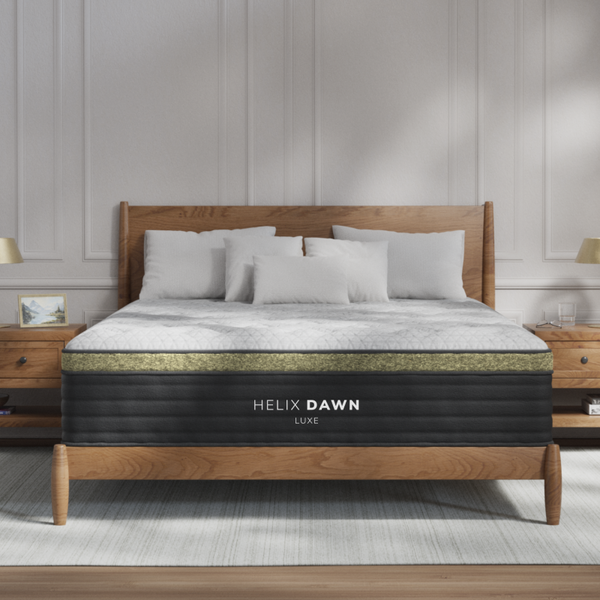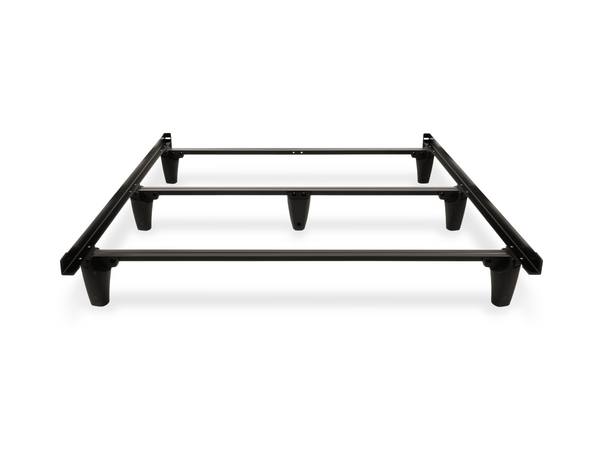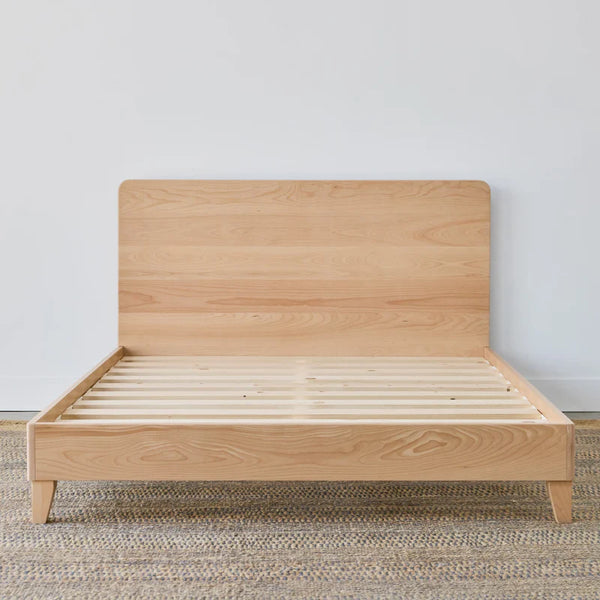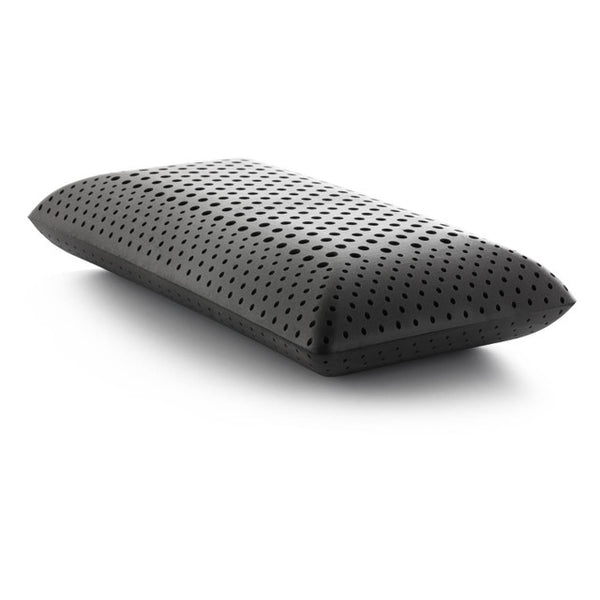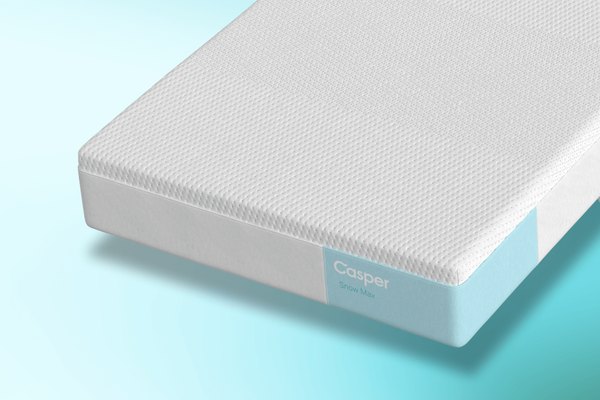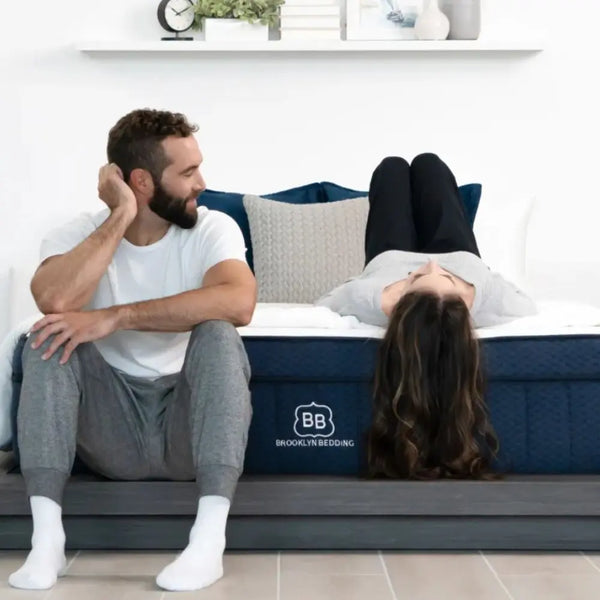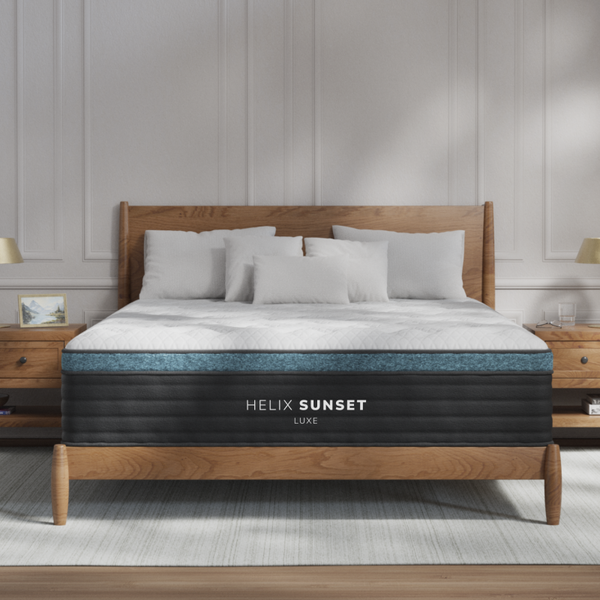
Frequently Asked Questions
1. How does Brooklyn's climate affect sleep quality?
2. What are the typical temperature ranges in Brooklyn during spring and summer?
3. What strategies can I use to improve my sleep environment in Brooklyn?
4. How can seasonal allergies impact sleep in Brooklyn?
5. What relaxation techniques can help improve sleep quality?
Brooklyn, NY, is known for its vibrant culture, artistic community, and, notably, its unique climate. But did you know that the weather in Brooklyn might also be affecting your sleep patterns? Understanding the relationship between climate and sleep is crucial for your overall well-being, especially if you're a Brooklynite or planning to visit this bustling borough. In this blog post, we’ll delve into how Brooklyn’s specific climate characteristics can impact the quality of your sleep and offer tips to optimize it.
The Climate of Brooklyn
Before exploring how Brooklyn’s climate affects your slumber, it’s essential to understand the borough’s weather patterns. Brooklyn experiences a humid subtropical climate, characterized by four distinct seasons. Here’s a breakdown:
Spring
Spring in Brooklyn typically sees mild temperatures ranging from the mid-50s to mid-70s (°F). This season is often marked by increased rainfall, making the air feel fresh yet sometimes damp.
Summer
Summers can be hot and humid, with temperatures frequently exceeding the mid-80s. Humidity can make the air feel thicker, leading to discomfort if your sleeping environment isn't well-ventilated.
Autumn
Autumn brings cooler temperatures and crisp air, with pleasant days and chilly nights. The beauty of changing leaves can sometimes be overshadowed by the onset of seasonal allergies, which may also disrupt sleep.
Winter
Winters are cold, with temperatures often dropping to the 30s and even lower at times. Snow and icy conditions can affect your sleep indirectly, causing stress and anxiety regarding travel and daily activities.
How Climate Affects Sleep Quality
Now that we understand Brooklyn's climate, let’s dive into how each season impacts sleep quality. Several factors play a role, including temperature, humidity, and air quality.
Temperature
Temperature is one of the most significant factors influencing sleep. Experts suggest that a cooler environment tends to promote a deeper, more restful sleep. Here’s how Brooklyn’s seasonal temperatures can impact your nighttime rest:
- Hot Summer Nights: High temperatures during the summer can lead to difficulty falling asleep and staying asleep. If your bedroom isn’t adequately cooled, it can cause discomfort.
- Chilly Winters: While cooler temperatures can be beneficial, excessively cold conditions can also disrupt sleep. Insufficient heating may lead to disturbances throughout the night, affecting sleep quality.
Humidity Levels
The humidity levels in Brooklyn fluctuate throughout the year and have a significant influence on sleep:
- High Humidity: Elevated humidity levels during summer can make you feel sticky and overheated, contributing to restlessness and poor sleep quality.
- Low Humidity: Conversely, the drier air in winter can lead to discomfort, including dry skin and nasal passages, making it harder to relax and fall asleep.
Seasonal Affective Disorder (SAD)
Brooklyn experiences shorter daylight hours in winter, affecting many people's mood and energy levels. This seasonal change can lead to Seasonal Affective Disorder (SAD), which often includes symptoms like fatigue, irritability, and disrupted sleep patterns. Awareness and treatment options for SAD can significantly improve your sleep quality during the winter months.
Allergies and Sleep
Both spring and autumn can bring seasonal allergies due to pollen from blooming flowers or falling leaves. Allergies can cause snoring, nasal congestion, and difficulty breathing, leading to restless nights. Taking proactive measures to manage these symptoms can lead to better quality sleep despite the changing seasons.
Tips to Enhance Your Sleep in Brooklyn
Now that we’ve explored how Brooklyn's unique climate influences sleep, let’s discuss some practical strategies to improve your sleep quality:
Control Your Sleep Environment
Your sleep environment plays a pivotal role in how well you sleep. Follow these tips:
- Adjust the Temperature: Aim to keep your bedroom cool, ideally between 60-67°F. Use fans or air conditioning in the summer, and make sure your heating is adequate during winter months.
- Humidity Control: Invest in a dehumidifier for the summer months and a humidifier in winter to maintain optimal humidity levels (around 40-60%) for better comfort.
Darken Your Room
Light can significantly disrupt your body’s natural sleep rhythm. Use blackout curtains to keep your room dark, especially during the bright summer months and those shorter daylight hours in winter. Additionally, turn off screens at least an hour before bed to reduce blue light exposure.
Stay Informed About Allergy Seasons
Stay updated on local pollen counts and try to limit outdoor activities when counts are high. Consider using air purifiers indoors to reduce allergens and improve air quality.
Embrace a Sleep Routine
Regardless of the season, establishing a consistent sleep schedule is vital. Go to bed and wake up at the same time every day—even on weekends. This helps regulate your body’s internal clock.
Utilize Natural Light
Take advantage of natural light in the morning. Sunlight exposure helps regulate your circadian rhythm and prepares your body for nighttime sleep. Open those curtains or take a morning stroll as soon as the sunlight rises, especially during the darker months.
Mindfulness and Relaxation Techniques
Stress and anxiety can significantly disrupt your sleep. Incorporating relaxation techniques into your nighttime routine can help combat these feelings:
- Meditation: Engage in a short meditation session before bedtime to calm your mind.
- Breathing Exercises: Practicing deep breathing can help decrease anxiety and promote relaxation, helping you ease into sleep.
- Gentle Yoga: Light stretches or yoga can relieve tension accumulated throughout the day, setting you up for better sleep.
Connecting with Brooklyn’s Community
Being part of a community can also positively affect your mental well-being. Participate in local events or find neighborhood groups that share similar interests. A sense of community can combat loneliness and increase happiness, which in turn can lead to improved sleep.
Engage in Local Activities
Explore Brooklyn's parks, gardens, and outdoor spaces to maintain an active lifestyle. Physical activity, even in moderate quantities like walking or cycling, can significantly enhance your sleep quality.
The Impact of Technology
In today’s world, technology plays a major role in our daily lives. However, excessive screen time—especially close to bedtime—can lead to sleep disruption. It’s important to manage your tech usage to improve your overall sleeping experience:
- Set Boundaries: Establish technology curfews, ensuring that devices are put away at least an hour before bedtime.
- Use Sleep Mode: Activate the 'Do Not Disturb' or 'Sleep Mode' features on your devices to minimize interruptions during the night.
Embrace Your Naturally Sleepy Future
In summary, Brooklyn's unique climate has a profound impact on how well you sleep. Whether it’s the sweltering heat of summer or the dry chill of winter, understanding the elements that contribute to sleep disruption can empower you to make necessary adjustments. By taking advantage of your environment and establishing a consistent routine, you can significantly enhance your sleep quality in this dynamic borough. So, embrace your naturally sleepy future and enjoy all the restful nights that await you!
Explore the world of another Shopify or Wix store owner. Visit their captivating online store. Keep in mind that this is a promotional link, and we are not responsible for the content of the linked store.

